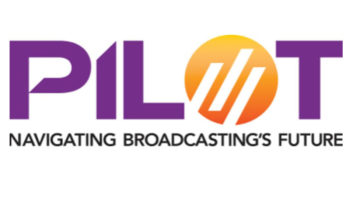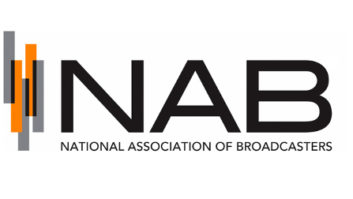Low-power FM advocates say NAB’s proposed restrictions on second-adjacent channel waivers for LPFMs are too much.
Several proponents — including REC Networks, Common Frequency, Amherst Alliance and Prometheus Radio Project — write in reply comments that Congress authorized the FCC to waive second-adjacent channel restrictions when the LPFMs do not cause interference “to any existing radio service.” They urge the commission to adopt a flexible second-adjacent waiver policy with no criteria other than what Congress authorized.
“LPFM stations should be eligible for such waivers whether or not fully-spaced channels are available, with all the flexibility afforded to FM translators,” they write. LPFM proponents also want their stations to be able to use directional antennas with “off the shelf” antenna patterns.
The Educational Media Foundation, NPR and NAB suggested LPFMs operating on a second-adjacent waiver might need to stop operations because of interference complaints from full-service FMs. LPFM promoter Prometheus says FM translators operate with a similar risk and that “LCRA may, in some cases, prove burdensome to LPFM licensees, and in rare cases may shut down stations entirely.” However, limiting second-adjacent waivers because a minority of LPFMs may need to shut down is “unreasonable,” according to Prometheus. Further, Prometheus writes that NAB in particular has not provided evidence that “granting second adjacent waivers ‘too freely’ would harm audio quality and disrupt the expectations of listeners.”
Prometheus says some 10,000 comments were filed in support of the waivers by individuals and advocacy organizations, like Color of Change and Free Press. Many were filed by those who would need a second-adjacent channel waiver to get an LPFM in their ZIP code.
LPFM proponents have proposed an LP50 and an LP250 service to supplement their current 100 watt class.
NPR told the FCC that the Local Community Radio Act prohibits licensing LPFMs with other than their current 100 watt service class.
In their replies filed this week, LPFM advocates disagreed with NPR, writing that the FCC has the authority to implement “any class of service,” as long as the interference obligations and other requirements specified by LCRA are met.
They also say the LP50 service would allow the FCC to squeeze in an LPFM in urban areas where LP100 opportunities are limited or unavailable. They urged the FCC to preserve as many LPFM opportunities as possible in core urban areas when permitting LP50s.
Related:
NAB Blasts Power Increase, Second-Adjacent Channels for LPFMs











